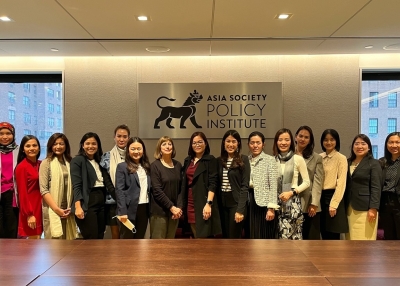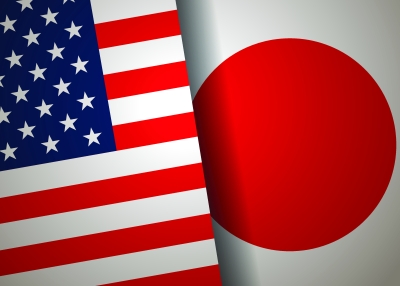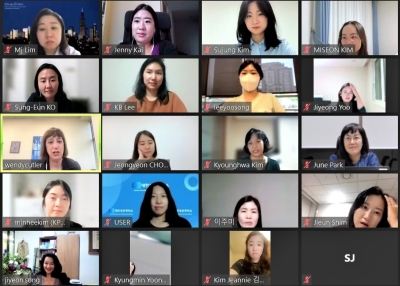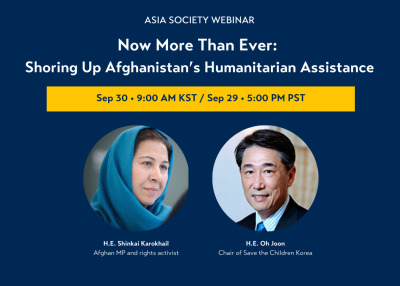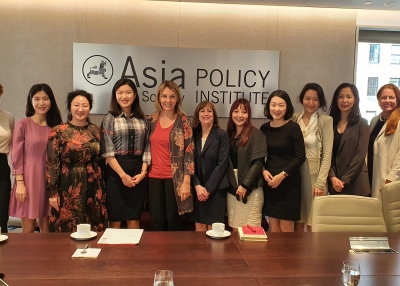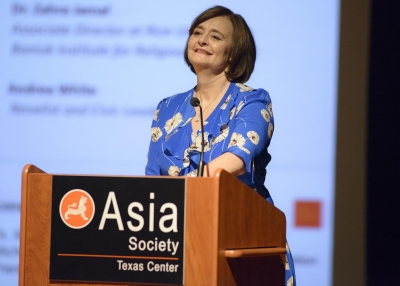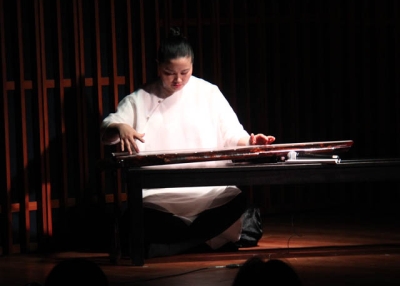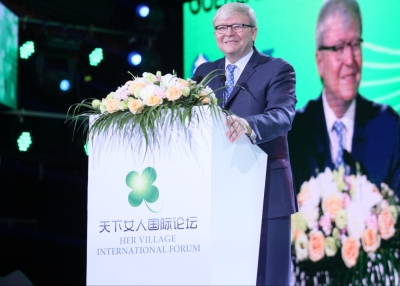Microfinance and Women: The Micro-Mystique
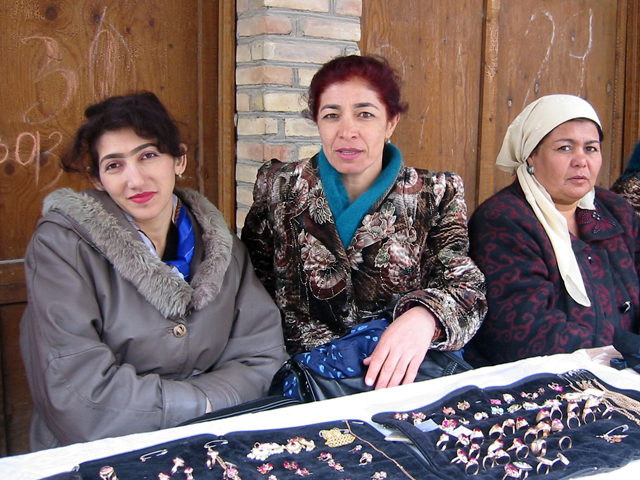
Women, as it turns out, are an excellent risk. Worldwide, microfinance loans serve almost 20 million people living in poverty. 74% of these clients are women. At the Grameen Bank, the world’s largest microfinance institution, more than 90% of loan clients are women. It is true that women tend to make their payments more reliably than men. But more importantly, a loan in the hands of a woman has a better chance to change not just her life, but to improve her children’s opportunities and her society’s prosperity. Why is the combination of microfinance and women so potent?
For one thing, women are ambitious, for themselves and for their families. As they lift themselves out of poverty, they carry their families to a better life. Once they get a leg up, women are more likely to spend their earnings on medical care and education for their children.
Women who provide for themselves and their families are empowered. They have more choices and influence in bargaining. They have a greater sense of self-worth and increased confidence in their abilities. Women who succeed economically also believe in their right to make decisions about their own lives.
Furthermore, the improved condition of a few women benefits the larger society. Studies show that low status for women obstructs a country’s to economic development. Microfinance offers women the chance to enter the public sphere as businesswomen, expanding their roles beyond housewife to breadwinner.
As women participate in the economy, they also become more involved socially and politically. Within their communities they may advocate for changes that will better their own lives and those of other girls and women. Even the power of example is important. More families will pay for their girls to attend school if they see women putting their education to use.
Of course, the social status of women in various cultures can hinder their efforts to start a business. Many women are overburdened with rearing children, cooking, cleaning, and managing the household. Many societies and families expect any business undertakings to take a backseat to domestic duties. Some cultural traditions or religious practices frown on women working outside the home and earning an income. In some cases, women have resorted to participating in microfinance secretly. In others, though, there has been an effort to educate women about their rights and in involving men so that the microfinance process seems less alien.
A woman’s efforts to earn money can also highlight the fact that her husband or father is failing to provide for the family. Some people worry that this could lead to an increase in domestic violence. More often, however, the opposite has been true. People have discovered that women’s participation in microfinance has led to an overall decrease in domestic violence in their household as the strains of poverty are lifted. In fact, the dynamic in many families appears to improve as men benefit from the household’s increased prosperity.
Perhaps the biggest obstacle women face is a lack of education. Illiteracy and deficient math and accounting skills are common among women living in poverty. This can harm their business’s competitive edge.
Organizations such as the United Nations, the World Bank, and others see education as the key to more opportunities for girls and women across the board. Educated girls tend to delay marriage and motherhood. They are also more likely to seek medical care for themselves and their children. They are more apt to encourage their own children to stay in school longer.
For women using microfinance, education broadens their business skills. Women who master reading, writing, and basic math are in a better position to work for themselves. Many microfinance institutions provide business training, information access, technology development, as well as policy and advocacy.
What is truly exciting about women and microfinance is the positive loop. As women prosper, they invest in their sons’ and daughters’ education and health, and elevate the status of women in their communities. When it comes to microfinance, women seem to have a magic touch.
Authors: Heather Clydesdale and Kajal Shah
